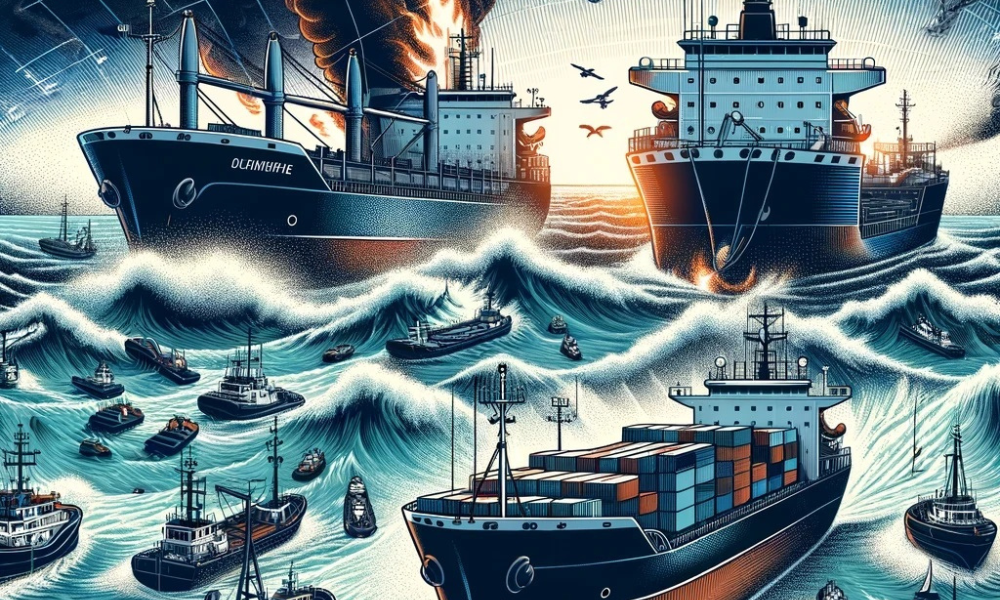Maritime specialist calls for wider adoption of ship situational awareness systems

Maritime specialist calls for wider adoption of ship situational awareness systems | Insurance Business Canada
Insurance News
Maritime specialist calls for wider adoption of ship situational awareness systems
Number of marine incidents “deeply concerning”
Insurance News
By
Kenneth Araullo
Maritime transportation specialist Groke Technologies is urging marine insurers, P&I Clubs, and regulators to promote the adoption of ship situational awareness systems to mitigate the rising number of claims related to collisions and other accidents caused by human error.
The appeal comes as insurers express growing concern over factors such as the shortage of seafarers and increased ship traffic, which could lead to more collisions and related incidents at sea.
“While ship losses continue to fall, the number of navigational incidents, collisions, and near-misses is deeply concerning,” Groke Technologies chief commercial officer Jonas Bergring said.
Bergring cited a ship safety report published in late 2023 by Allianz Global Corporate & Specialty, noting that 17% of all marine insurance claims between January 2017 and December 2021 were due to collisions, foundering, or sinking.
“Of the 27,477 incidents reported in the period, 3,098 were attributed to collision, making it the second top cause of shipping incidents globally,” Bergring said. “Collision also accounted for about 1 in 10 of the 3,032 incidents reported in 2022, up on the preceding year’s figure. Overall, there is about a 5% increase on the number of incidents reported in 2019.”
Investigations by the European Maritime Safety Agency (EMSA) found that collision was second only to power loss as the primary cause of ship incidents. Most serious collision-related accidents occur at night (50%), twilight (12%), or in bad weather during the day (9%).
What contributes to marine incidents globally?
Bergring identified contributing factors such as bad weather, poor visibility, watchkeeper fatigue, information overload, and congestion, particularly in areas like the British Isles, South China Sea, and Singapore Strait. These risk factors can be significantly reduced using situational awareness systems.
By collaborating with the marine insurance community to encourage the broader adoption of situational awareness technology, the number of human error-related incidents could be reduced, ensuring safer navigation in congested and challenging waters, he explained.
“There would be a rapid and significant reduction in ship collisions and the associated financial and environmental risks. The reduction in insurance claims could benefit P&I Club members hugely,” Bergring said.
With the increasing use of digital shipping technology and a global shortage of experienced officers and crew, Bergring anticipates that integrated ship situational awareness technology will become a mandatory IMO requirement by 2028. He expects class notations and voluntary IMO guidance to precede this mandate, likely by 2026.
What are your thoughts on this story? Please feel free to share your comments below.
Keep up with the latest news and events
Join our mailing list, it’s free!






